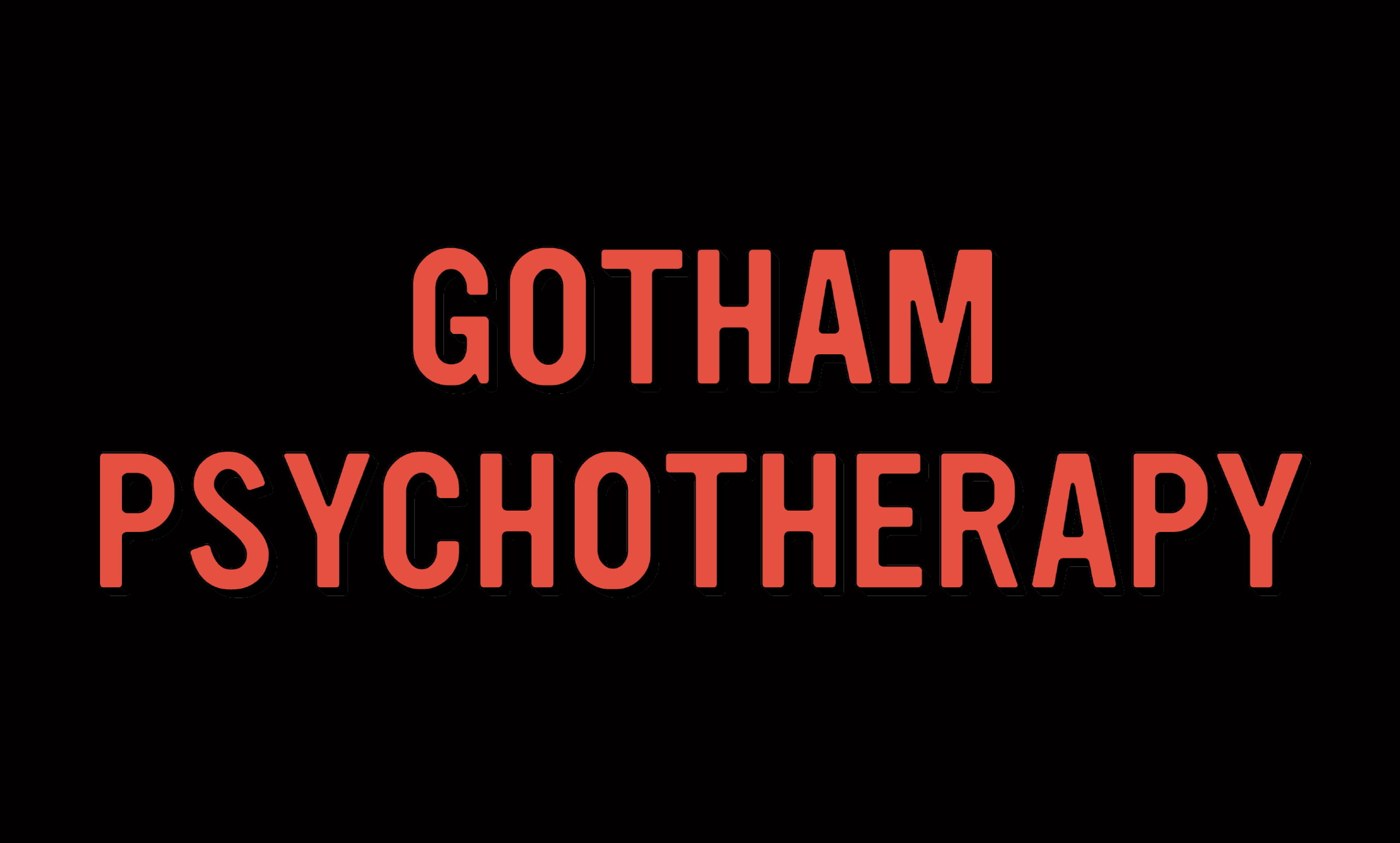Mood Disorders
What is a Mood Disorder
Mood disorders are a group of mental health conditions that primarily affect a person’s emotional state. While it is normal for moods to fluctuate, mood disorders involve persistent or extreme changes in mood that interfere with daily life, relationships, and overall well-being. These conditions are common and highly treatable with the right professional support.
At Gotham Psychotherapy, treatment for mood disorders focuses on compassionate care, evidence-based methods, and individualized treatment plans to help patients find relief, stability, and renewed quality of life.
Types of Mood Disorders
Patients may experience mood disorders in a variety of forms, each with its own symptoms and challenges. Understanding these conditions is an important step toward seeking effective treatment.
Major Depressive Disorder (Depression): Characterized by persistent sadness, emptiness, or hopelessness. Symptoms often include loss of interest in activities once enjoyed, changes in sleep or appetite, fatigue, difficulty concentrating, and feelings of worthlessness. These symptoms typically last at least two weeks and can significantly interfere with daily functioning, relationships, and overall quality of life.
Bipolar Disorder: Marked by alternating episodes of depression and elevated mood (mania or hypomania). During manic phases, individuals may experience heightened energy, reduced need for sleep, impulsivity, or risky behaviors. Depressive episodes mirror many of the symptoms of major depression. The shifts between these states can be disruptive and distressing, affecting relationships, work, and stability.
Persistent Depressive Disorder (Dysthymia): A chronic form of depression where symptoms are less severe than major depression but last much longer—two years or more. Patients may experience low energy, poor self-esteem, changes in appetite or sleep, and difficulty maintaining motivation. Because symptoms are long-lasting, this condition can feel like a “constant low mood” that becomes part of everyday life.
Cyclothymic Disorder: Involves frequent mood swings with periods of mild depression and hypomania. Although the highs and lows are less severe than those seen in bipolar disorder, the ongoing nature of mood shiftscan make daily life unpredictable and emotionally challenging.
Seasonal Affective Disorder (SAD): A type of depression that occurs at specific times of the year, most commonly in the winter when there is reduced natural sunlight. Symptoms may include low energy, changes in sleep or appetite, weight gain, difficulty concentrating, and social withdrawal. SAD often improves during sunnier months but can return seasonally if untreated.
Mood disorders can range from mild to severe, and their impact may vary greatly from person to person. While they can feel overwhelming, effective treatments are available to help patients stabilize mood, improve functioning, and restore quality of life.
Treatment Approaches
Treatment may include:
Cognitive Behavioral Therapy (CBT): Identifying and changing unhelpful thought patterns
Interpersonal Therapy (IPT): Addressing relationship issues that contribute to mood instability
Dialectical Behavior Therapy (DBT): Building emotion regulation and coping skills
Psychodynamic Therapy: Exploring underlying emotional conflicts and patterns
Medication Collaboration: Coordinating with prescribers when medication may be helpful
Lifestyle and Wellness Strategies: Incorporating exercise, sleep hygiene, and stress management into care

